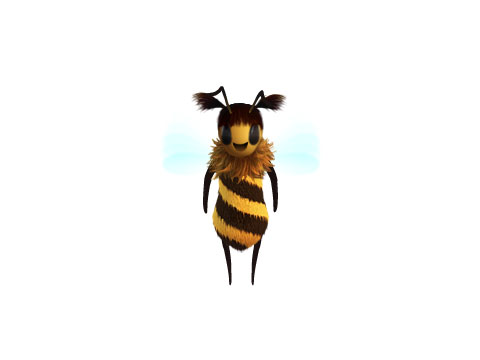Sunday, July 06, 2008
I like the grotesque. Going back to the moment of horror again and again is soothing.
This is a great generalization, but I'm going to say it, nonetheless: the grotesque is a consistent feature of the avant-garde. It was, maybe, less prevalent in Language Poetry, but it's certainly present in New Narrative. To use an expression I despise: the grotesque is a part of the standard avant-garde tool kit (the tool kit part is what I despise).
I have New Narrative and the Gurlesque on my mind, so it's not surprising that I'd want to connect these two discourses--although I suppose Ron already did that in his post by attempting to contextualize Minnis' work through writers like Dodie Bellamy.
Bakthin & Bataille aside, I'd be interested in hearing more about the writers and artists that inspire writers like Lara Glenum, Chelsea Minnis, Danielle Parfunda--writers whose work has been called Gurlesque. No doubt that the cultural context of the 1970s and 80s is relevant, but the specific context of each generation is inevitably important for that generation. I suppose what I'm wondering is how they might situate themselves in the historical continuum of the avant-garde. That sounds really pompous--but I feel like I can always understand more about a person's writing and certainly their descriptions of their writing by learning who/what they're writing among and against.
In the interview about the Gurlesque on Delirious Hem, Arielle Greenberg says that "in some ways, the Gurlesque poets are harkening back to Plath and Sexton in this, while rejecting—though nodding to—the work of someone like Sharon Olds[12], whose work is most in line with what I think we want to mean when we use the term “Confessional.”
So, we've got Plath and Sexton. Who else? I know what writers and artists I'd put on a list writers and artists interested in the grotesque and gender (and honestly, confessionalism doesn't immediately come to mind for me), but I'm curious who else they might include.
I have New Narrative and the Gurlesque on my mind, so it's not surprising that I'd want to connect these two discourses--although I suppose Ron already did that in his post by attempting to contextualize Minnis' work through writers like Dodie Bellamy.
Bakthin & Bataille aside, I'd be interested in hearing more about the writers and artists that inspire writers like Lara Glenum, Chelsea Minnis, Danielle Parfunda--writers whose work has been called Gurlesque. No doubt that the cultural context of the 1970s and 80s is relevant, but the specific context of each generation is inevitably important for that generation. I suppose what I'm wondering is how they might situate themselves in the historical continuum of the avant-garde. That sounds really pompous--but I feel like I can always understand more about a person's writing and certainly their descriptions of their writing by learning who/what they're writing among and against.
In the interview about the Gurlesque on Delirious Hem, Arielle Greenberg says that "in some ways, the Gurlesque poets are harkening back to Plath and Sexton in this, while rejecting—though nodding to—the work of someone like Sharon Olds[12], whose work is most in line with what I think we want to mean when we use the term “Confessional.”
So, we've got Plath and Sexton. Who else? I know what writers and artists I'd put on a list writers and artists interested in the grotesque and gender (and honestly, confessionalism doesn't immediately come to mind for me), but I'm curious who else they might include.
Subscribe to:
Post Comments (Atom)








No comments:
Post a Comment